Even if you don’t know a lot about wine, I’m guessing you at least know grapes are the key, non-negotiable ingredient – or at least they were, until now. Ava Winery in San Francisco utilizes eight scientists who “mimic the hundreds of compounds that give a wine its taste, aroma, and body.”
Alec Lee, the winery’s co-founder, believes he’s created a way for ordinary people to access luxury foods in a way that wasn’t possible before, at least not via conventional methods. Funnily enough, their company isn’t technically a “winery” since no traditional winemaking is going on – they’re actually licensed as a spirits distiller.
And how exactly is this achieved? The scientists are able to take raw materials, separate each individual molecule, then identify and quantify them. Lee gave Wired a specific example – explaining that a peachy smell in a wine like Moscato is caused by the same molecule you’d find in an actual peach. After combined with water, ethanol, amino acids, sugars and other chemical compounds, the molecules create a flavor copy of the original wine. They’ve even figured out a way to simulate the effects of aging – so long, wine cellar!
Well, don’t say goodbye just yet. Ava’s wines aren’t on sale to the public, though Lee plans to have the first products (a Moscato d’Asti, a Cabernet Sauvignon and a Pinot Noir) on shelves within the next year, priced at around $20 a bottle. In particular, the Moscato has performed consistently well in blind taste tests, and Lee claims their techniques have become more sophisticated and sensitive than they were when the winery launched in 2015 – with apparently mixed tasting reviews. According to Esther Mobley of SF Gate, the Moscato smells like “the juice of canned peaches or packaged fruit salad,” and that something about the aroma is “off,” “powdery,” and “plastic.” Overall, though, she says that it does pass for wine.
There’s undeniably public interest in the project – Ava Winery has even received a $2.7 million investment from Horizon Ventures, which helped fund the creation of the world’s first plant-based burger by Impossible Foods. Lee told Digital Trends that his goal for the company is “to be able to scan and print wines the same way you can scan and print priceless family photos. Ultimately, this technology will also allow us to make better, cleaner, faster wines with less impact on the environment.”

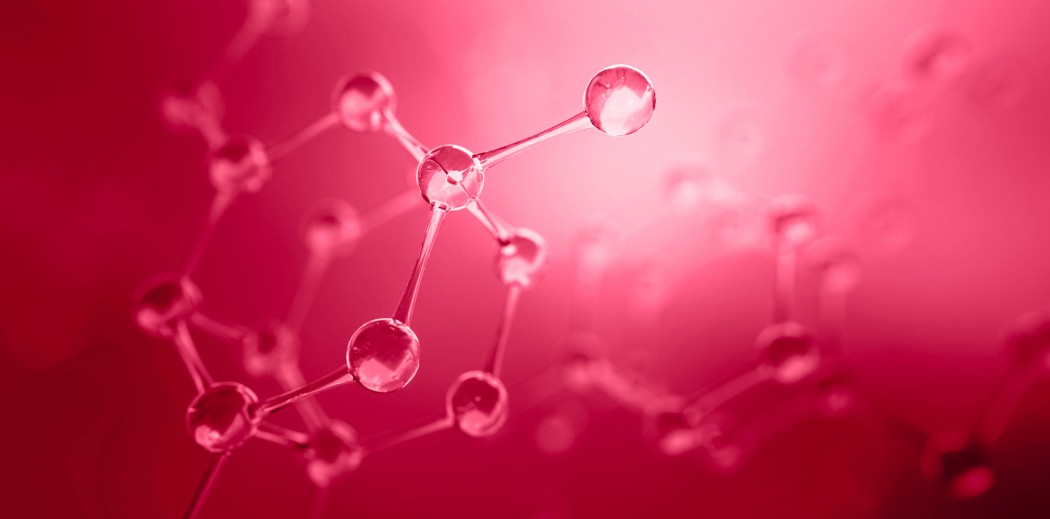
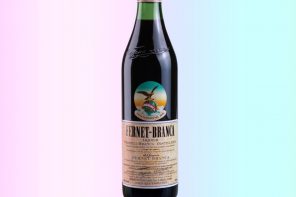
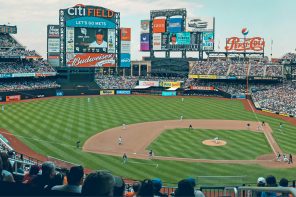
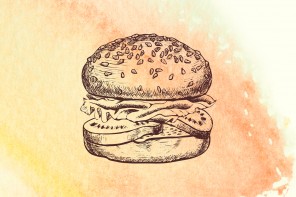
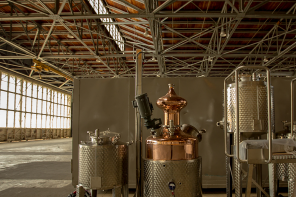
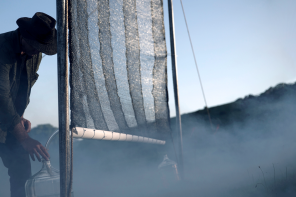
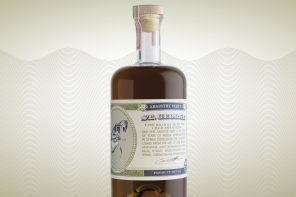
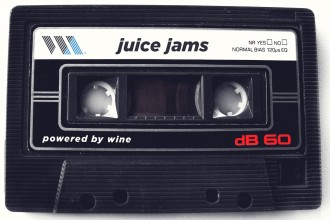
But would one get the benefits that red wine made from grapes gives us?